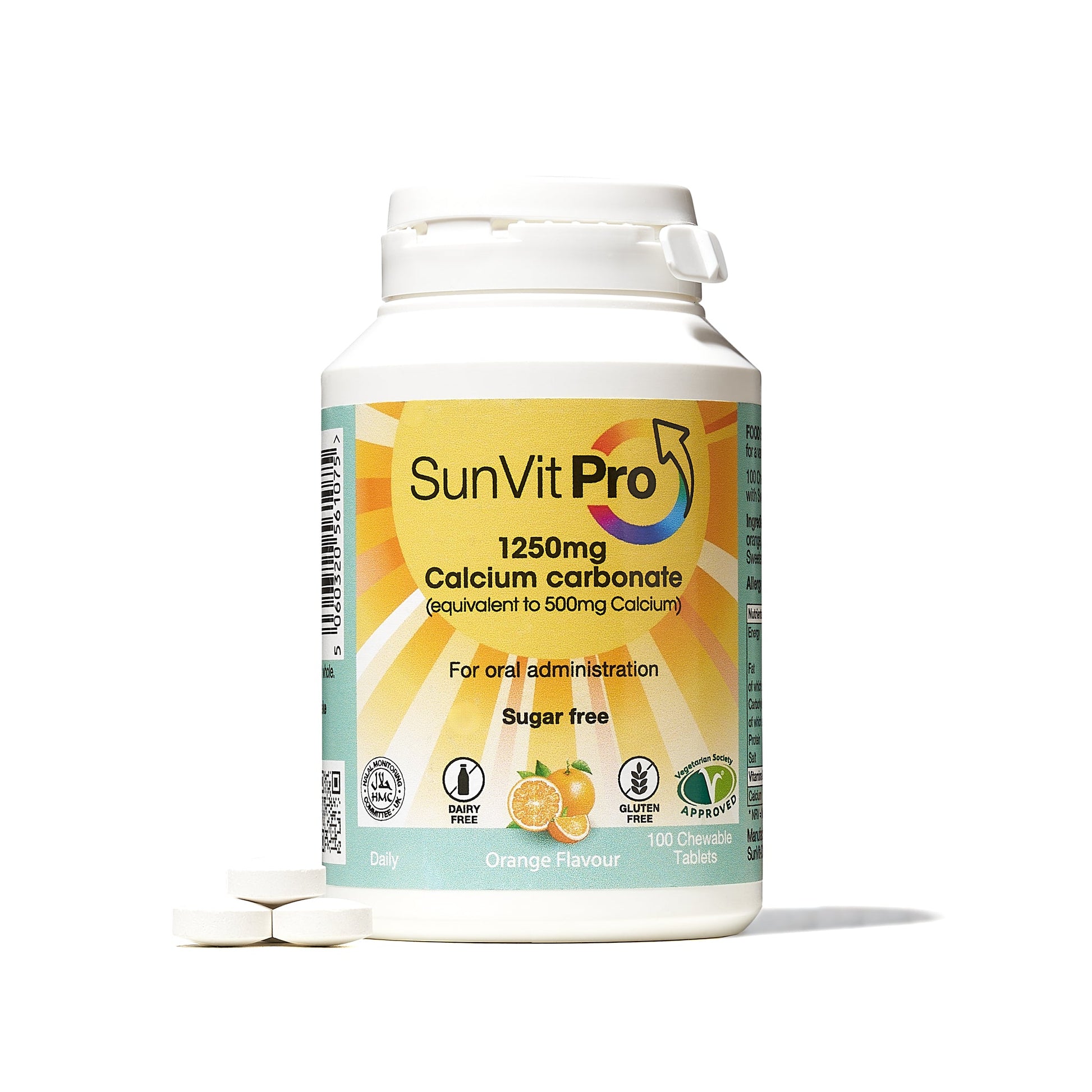
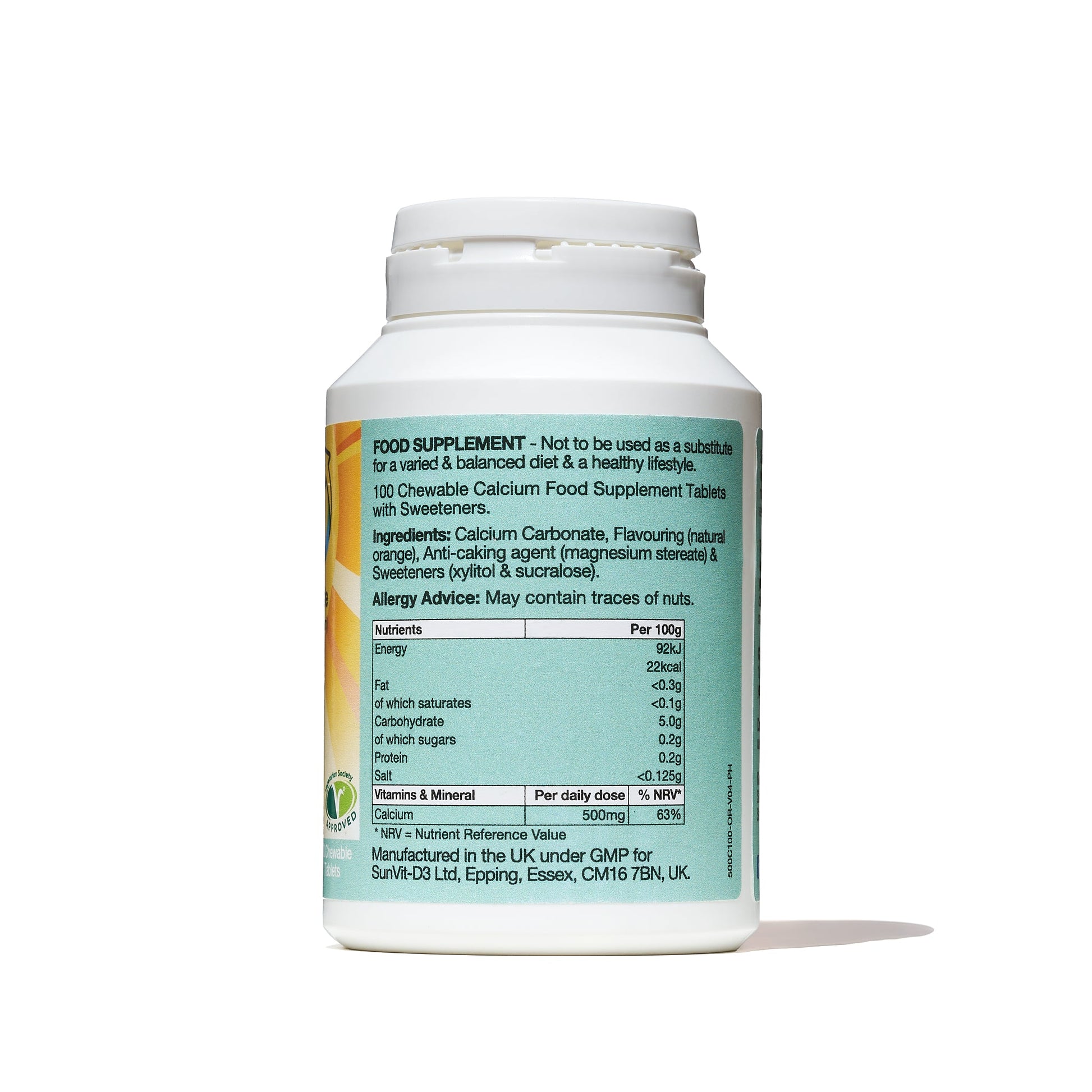
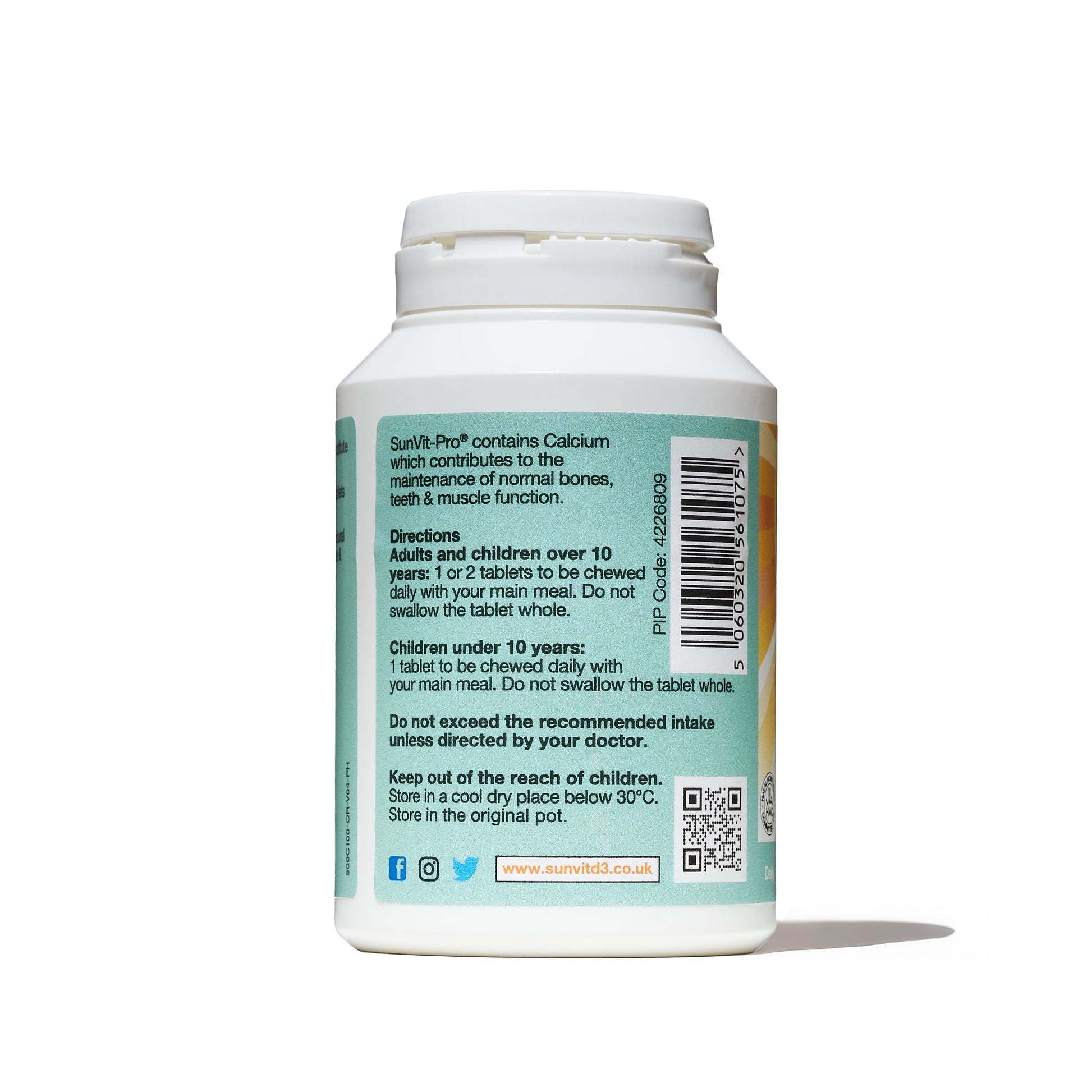
Order Before 1:30pm For Same Day Dispatch
500mg Chewable Calcium only Tablets (Orange Flavoured), Sugar Free, Dairy Free
- Calcium carbonate
- Supports bone health
- Maintains the immune system
- Promotes overall wellbeing
- Dairy and gluten free
- Recommended by healthcare professionals

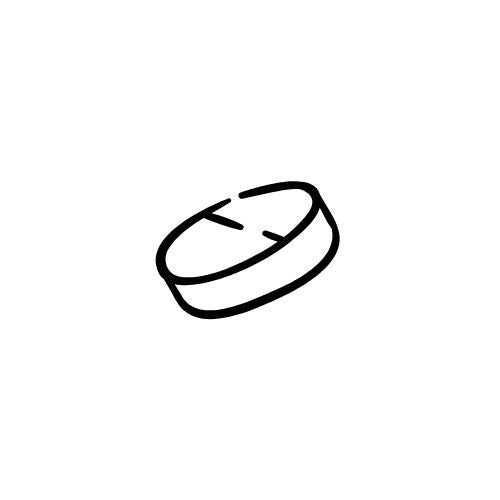
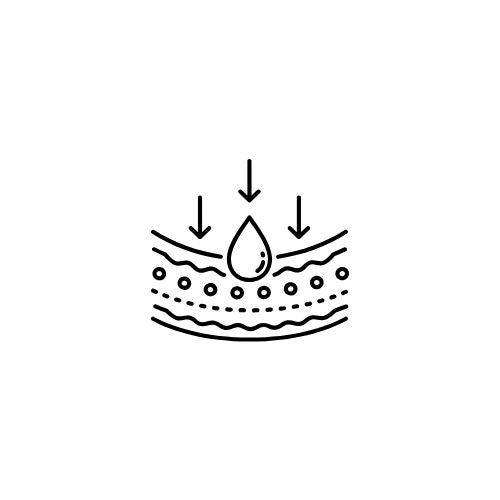


Product Information
Calcium's key benefits include supporting strong bones and teeth, enabling muscle and nerve function, and playing a role in blood clotting and heart rhythm.
Product features:
- Sugar free calcium carbonate tablets
- Great price equivalent to 5p per tablet daily
- Chewable tablet for optimal absorption
- Orange flavour
- Dairy & Gluten free
- Vegetarian & Halal
- Non GMO, GMP approved
- Manufactured in the UK
- Adults & children above 10 years of age chew 1 tablet daily
Key Benefits:
- Builds and maintains strong bones
- Prevents bone loss
- Muscle contraction function
- Aids in normal blood clotting
- Assists in the release of hormone and enzymes
Nutritional information:
| Ingredient | Per Tablet | NRV% |
| Calcium carbonate | 500mg | 63 |
*Nutrient Reference Value - Recommended Daily Intake
Ingredients: Calcium Carbonate, Bulking Agent (Microcrystalline Cellulose), Anti-Caking Agent (Magnesium Stereate), Flavouring (Natural Orange) with sweeteners (Xylitol & Sucralose).
Calcium is vital for building strong bones and teeth, regulating muscle contractions (including the heart), and allowing blood to clot normally.
Without sufficient calcium, you risk developing weak bones, which can lead to conditions like osteoporosis, osteomalacia, or rickets in children.While most people can get enough calcium from a balanced diet, supplements may be needed if dietary intake is inadequate, such as for those with lactose intolerance or who avoid dairy.
Directions, our calcium tablets can be taken by both adults & children, please see bottle within the specific products images for daily quantity.
All of our calcium chewable tablets are recommended to be washed down with water and chewed not swallowed whole.
This product is free from wheat, gluten, yeast, dairy and soya.
- Food supplements should not be used as a substitute for a varied and balanced diet and a healthy lifestyle.
- Store below 30°C in a cool, dry place away from direct heat and sunlight.
- Keep out of reach of children.
Although this product does not contain nuts we cannot guarantee the manufacturing site we use makes products containing nuts. (Please feel free to contact us for any further information).
Our plastic pots are recyclable and can be disposed in the recyclable bins per your council regulations.
Frequently asked questions
Common questions about calcium & D3
Calcium carbonate is a common supplement for people with low calcium levels. It’s also useful as an antacid to manage uncomfortable digestive symptoms.
Calcium has several important functions.
These include:
- helping build bones and keep teeth healthy
- regulating muscle contractions, including your heartbeat
- making sure blood clots normally
A lack of calcium could lead to a condition called rickets in children, and osteomalacia or osteoporosis in later life.
Getting enough vitamin D helps the growth and development of bones and teeth. It may also provide improved resistance to certain diseases. Vitamin D has several important functions. Perhaps the most vital are regulating the absorption of calcium and phosphorus.
Getting enough vitamin D is important for the typical growth and development of bones and teeth and for improving resistance to certain diseases.
The symptoms of a vitamin D deficiency in adults may include:
- tiredness, aches, and pains
- severe bone or muscle pain or weakness
- stress fractures, especially in your legs, pelvis, and hips
You can check your vitamin D deficiency by performing a simple blood test. If you have a deficiency, your doctor may order X-rays to check the strength of your bones.





